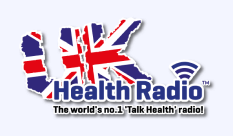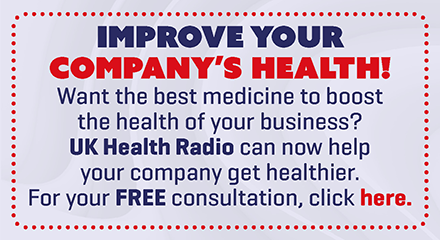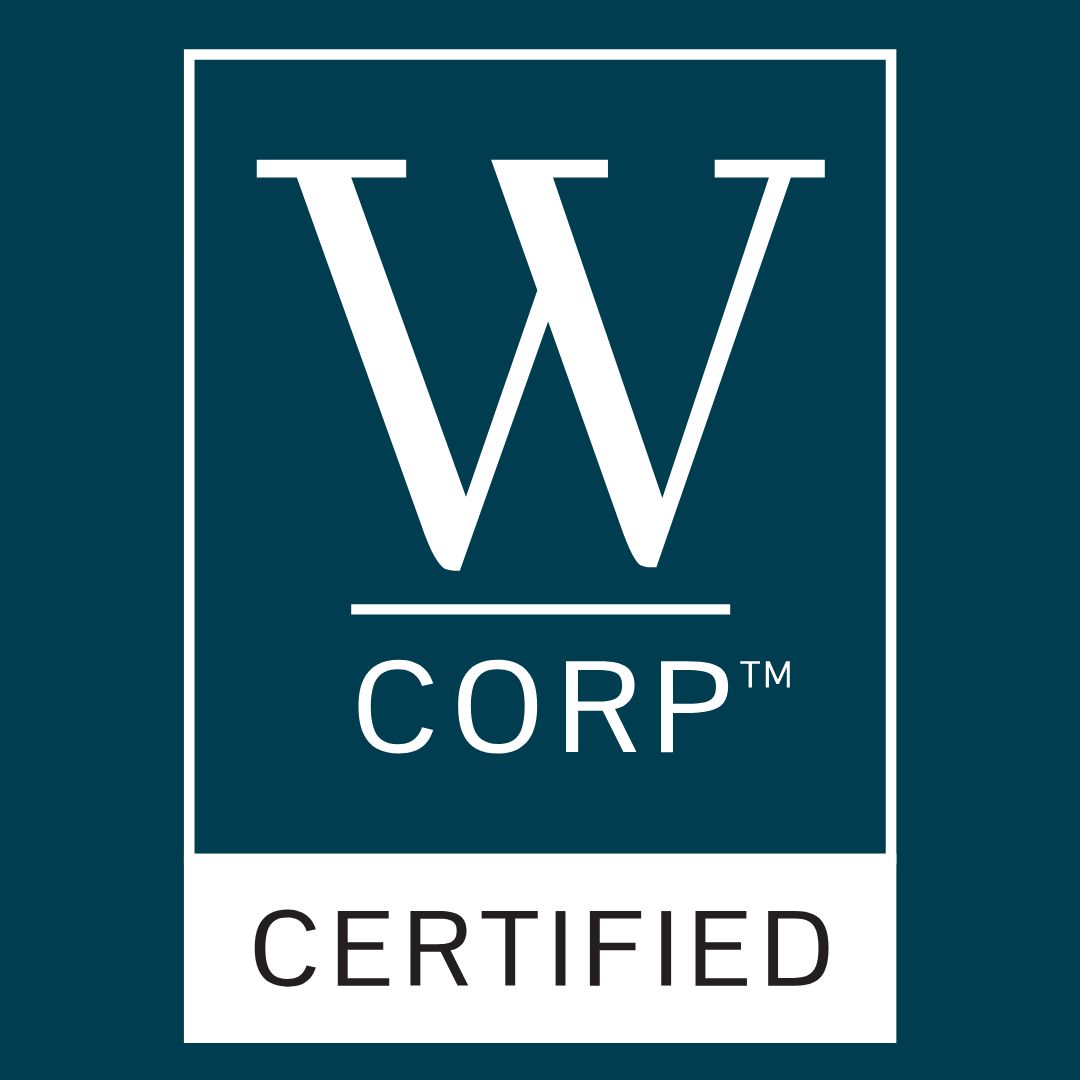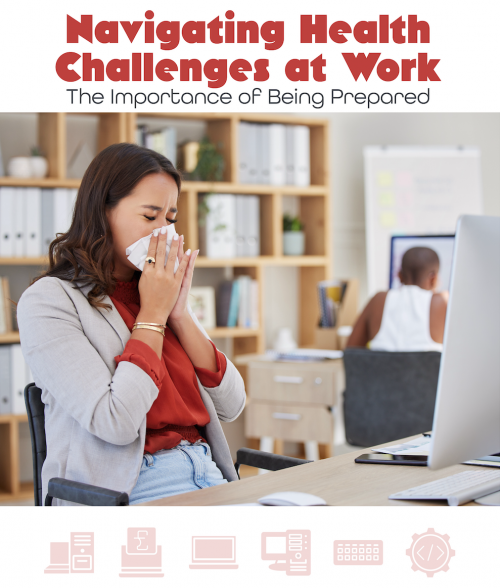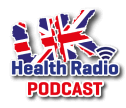Navigating Health Challenges at Work – The Importance of Being Prepared
In our 21st -century working world, being ready to manage health challenges effectively is a vital
quality.
From the dreaded seasonal flu to more urgent medical emergencies, the reality is that health issues
don’t clock out when we do. Preparing your team to handle these situations can not only safeguard
their wellbeing but also foster a supportive and resilient workplace culture.
Understanding the Landscape
Health challenges at work can range from minor ailments to critical emergencies. Whether it’s an
employee suffering from a severe allergic reaction, someone experiencing stress or anxiety, or a
physical injury occurring on-site, the scope of potential health issues is broad. This diversity in
possible health challenges requires a multi-faceted approach to preparation and response.
Education is Key
Knowledge is power, especially when it comes to health. Educating your team about the various
health challenges they might encounter is the first step toward empowerment. This includes training
on how to recognise symptoms and the appropriate responses to different scenarios.
For instance, knowing the basics of first aid, CPR, and mental health first aid can make a significant
difference in managing a crisis until professional help arrives. Courses offered by organisations like
Safe Haven Training play a pivotal role here.
Creating a Plan
Having a well-defined health emergency plan is crucial. This plan should outline clear procedures for different types of health incidents. Who is the first point of contact? Where are the first aid kits? How do you handle a situation where an employee is feeling overwhelmed or anxious? A detailed plan ensures everyone knows what to do and who to turn to, reducing panic and confusion in stressful situations.
Support Systems and Resources
Support goes beyond just handling immediate emergencies. It includes providing resources for
ongoing health concerns, such as ergonomic assessments for those who spend long hours at desks,
mental health days off, and health screenings. These resources show employees that their health is
valued and supported in the long term.
Furthermore, creating a culture where employees feel comfortable discussing their health challenges
without fear of stigma is vital. Regular check-ins and open communication channels can encourage
employees to speak up about their health needs, which allows for better support and prevention
strategies.
Practice Makes Perfect
Regular drills and refreshers on emergency procedures ensure that when a real crisis hits, everyone
is ready. These practices can help iron out any kinks in your plans and make safety routines second
nature to your team. Moreover, revisiting training sessions periodically helps keep everyone’s
knowledge up to date.
Technology and Tools
Leverage technology to enhance your preparedness strategies. Apps that provide health tips, track stress levels, or remind employees to take breaks can be integrated into daily routines. Additionally,
having a centralised digital hub where health policies and emergency contacts are readily accessible
can streamline communication during critical moments.
Celebrating Preparedness
Finally, make preparedness a celebrated part of your company culture. Recognise and reward teams
and individuals who actively engage in safety training and lead by example. Celebrating these actions can reinforce the importance of readiness and encourage a proactive approach to health challenges.
Navigating health challenges at work is about more than just responding to emergencies—it’s about
creating an environment where safety and wellbeing are embedded in the fabric of your
organisation.
By being prepared, educating your team, and fostering an open and supportive culture, you can
ensure that your workplace is not just a place of productivity but also a safe haven for everyone
involved.

